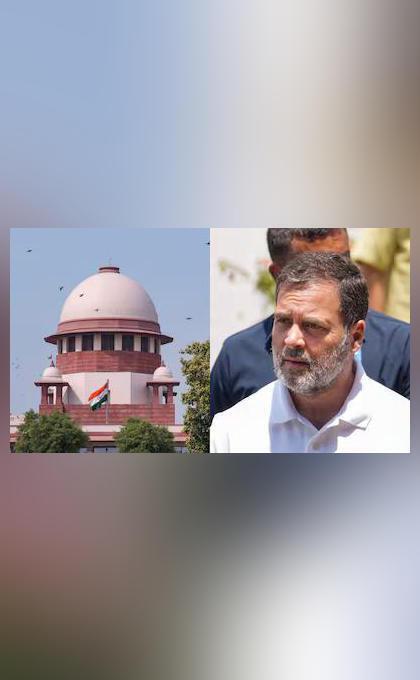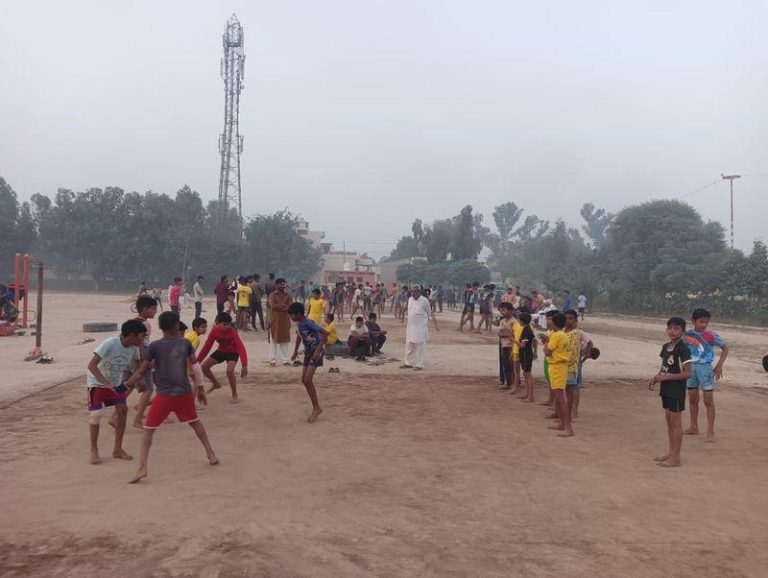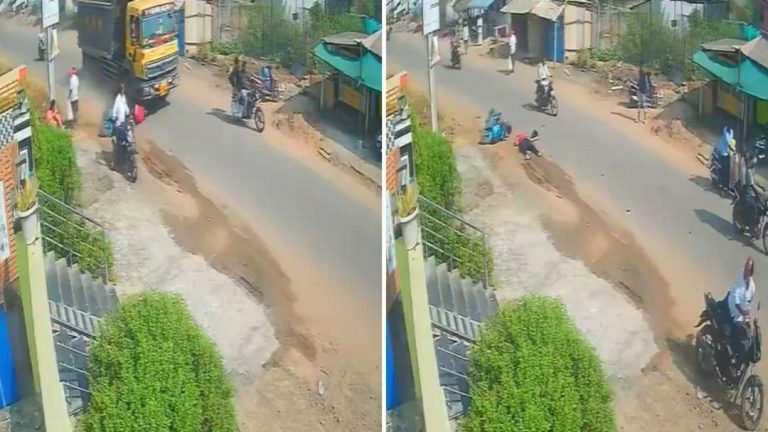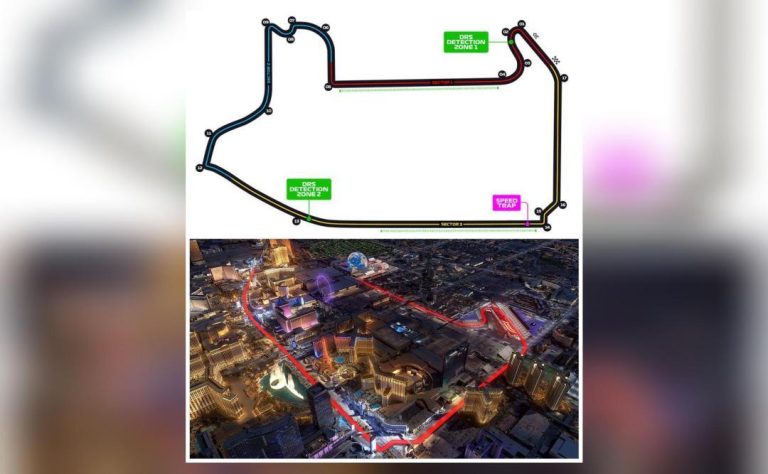
Why Ask on Social Media & Not in Parliament: SC to Rahul on ‘Land Grab’ Claim
The Supreme Court of India recently rebuked Congress leader Rahul Gandhi over his claim that China had grabbed over 2,000 square kilometers of Indian land. The court’s rebuke came while staying a defamation case against Rahul for remarks he made about the Indian Army. The Supreme Court’s sharp words have raised questions about the role of social media in spreading misinformation and the importance of fact-checking in public discourse.
In 2020, Rahul Gandhi had made the claim that China had occupied 2,000 square kilometers of Indian land, which was widely reported in the media. However, the Indian government had denied the claim, saying that there was no evidence to support it. The Chinese government also denied the claim, saying that it was a baseless accusation.
The defamation case was filed against Rahul Gandhi by the Indian Army, which felt that his remarks had damaged its reputation. The case was pending in the Supreme Court when Rahul Gandhi made the claim again in a recent speech. The court has now stayed the defamation case, but not before delivering a stinging rebuke to Rahul Gandhi.
The Supreme Court’s rebuke came in response to Rahul Gandhi’s claim that he had made the statement based on his knowledge and understanding of the situation. The court asked Rahul Gandhi how he knew that 2,000 square kilometers of Indian land had been occupied by China. The court also asked why Rahul Gandhi was making such claims on social media instead of asking questions in Parliament, where the government is responsible for providing information and answers.
The Supreme Court’s words have raised questions about the role of social media in spreading misinformation. Social media platforms have become a popular way for politicians to reach out to their constituents and share their views. However, social media has also been criticized for spreading misinformation and fake news.
The Supreme Court’s rebuke has also highlighted the importance of fact-checking in public discourse. Fact-checking is the process of verifying the accuracy of information before it is shared with the public. In today’s digital age, fact-checking is more important than ever, as misinformation can spread rapidly and have serious consequences.
Rahul Gandhi’s claim about China occupying 2,000 square kilometers of Indian land is just one example of how misinformation can spread quickly on social media. The claim was widely reported in the media and was shared widely on social media platforms. However, there was no evidence to support the claim, and it was eventually denied by the Indian government and the Chinese government.
The Supreme Court’s rebuke has also raised questions about the role of politicians in spreading misinformation. Politicians have a responsibility to provide accurate information to the public and to avoid spreading misinformation. However, politicians are not immune to spreading misinformation, and they can be just as guilty of spreading false information as anyone else.
In conclusion, the Supreme Court’s rebuke of Rahul Gandhi over his claim about China occupying 2,000 square kilometers of Indian land is a reminder of the importance of fact-checking and the dangers of spreading misinformation. Social media platforms have become a popular way for politicians to reach out to their constituents and share their views. However, social media has also been criticized for spreading misinformation and fake news. Politicians have a responsibility to provide accurate information to the public and to avoid spreading misinformation.





